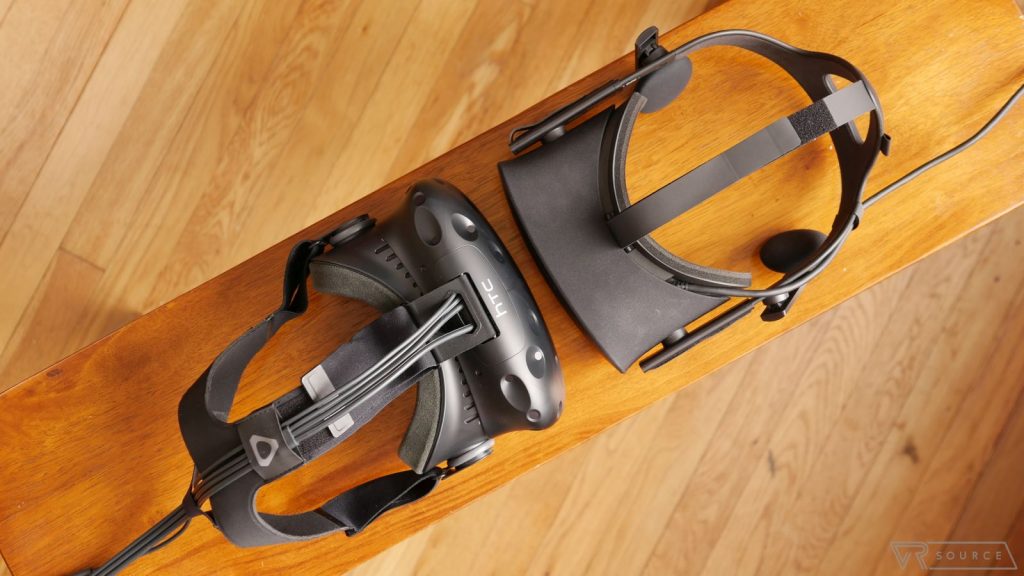Affiliate links on Android Authority may earn us a commission. Learn more.
Report: Google cancelled its Oculus Rift/HTC Vive competitor

This post was originally published on our sister site VRSource.com.
Google is doubling down on mobile VR, and abandoning, for now, plans for a standalone VR device in the vein of the Oculus Rift and HTCVive.
That’s the gist of a report from Recode’s Mark Bergen, who talked with sources close to Google that wished to remain anonymous.
According to the report, Google’s VR strategy was two-pronged. One direction is Daydream, the mobile-centric platform and reference design Google announced at I/O. The first Daydream headsets are expected to be launched this fall; they will be compatible with Daydream-ready smartphones from manufacturers including Samsung, HTC, Alcatel, ASUS, HUAWEI, Xiaomi, LG and ZTE. The first Daydream-ready phone is the ZTE Axon 7, coming at the end of this month.
But Daydream is essentially Cardboard evolved. Daydream-based headsets are still just shells that require a smartphone for brainpower and the all-important display. That’s great for scaling up quickly, but not so great when it comes to what you can actually do with it.
So Google also explored the other avenue of VR development. According to Recode’s sources, Google had around 50 people working on a standalone VR headset, inside X, its skunkworks research unit. Intriguingly, this headset ran its own operating system, distinct from Android.
It’s not clear why Google nixed the project or how far along the development was. But the report seems unequivocal in saying that Google is now putting all of its chips on mobile VR.
Why did Google abandon the idea? It’s possible that Google found that it’s not worth to pour resources into a new VR platform at this point. After all, the VR ecosystem is far from settled and consumer demand for VR is still nascent. Launching a standalone VR unit would also force Google to rely on a competitor’s platform, as the headset would presumably work with a PC, just like the Rift and the Vive. It’s also possible that the standalone VR project was just an exploration and Google was never fully invested in the concept.
Let us know your thoughts!